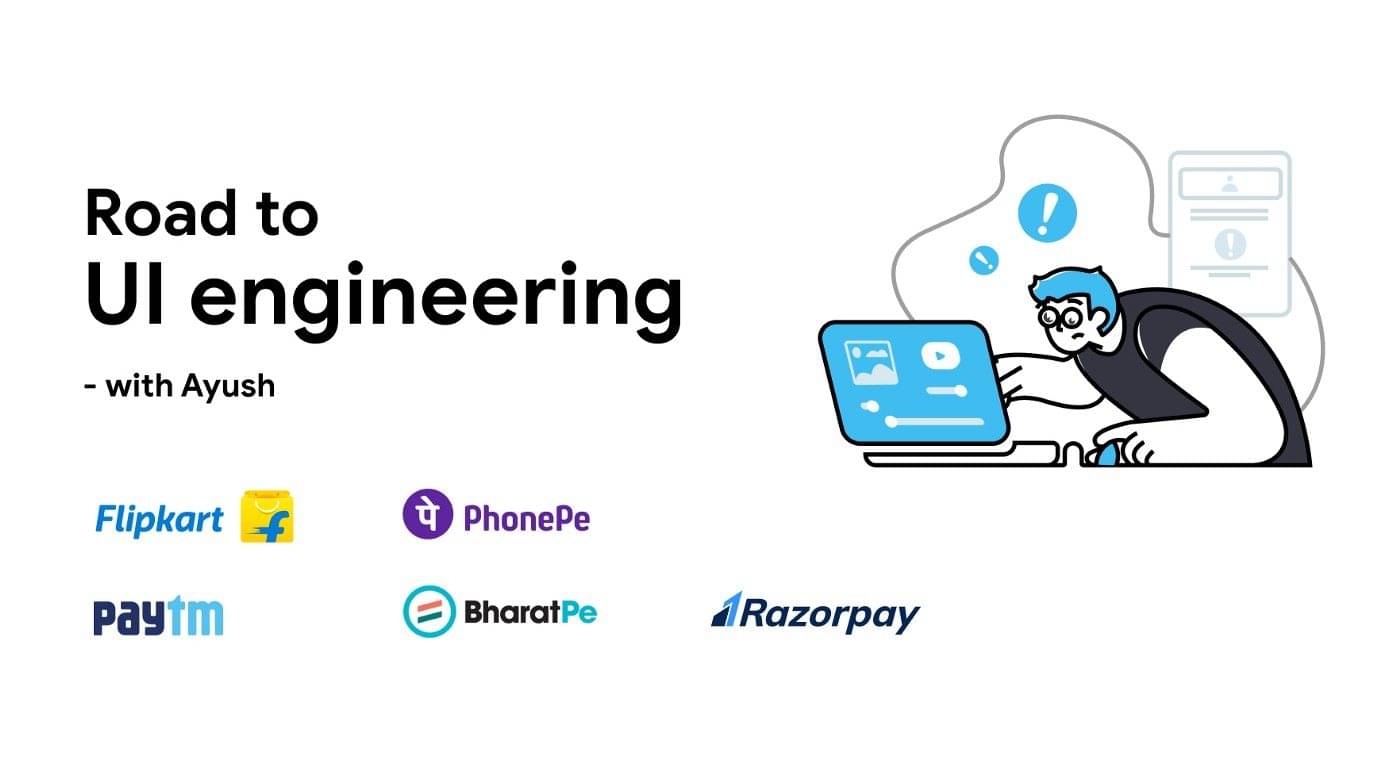I was not well-prepared, but I hope you will after reading this article.

A few years ago, I had an opportunity to work with an exciting startup in Vietnam. Since I like the idea and the people on the team so bad, when I knew my design rate was too high for them, I suggested I would design their entire products in exchange for 2% of the shares company (not diluted).
But they rejected my offer!
At that time, I thought that my offer was a suitable solution to build a cooperative relationship. So I felt a bit down when that startup team rejected, but I never asked them why they made such a decision. Now looking back, I understood the reason behind that rejection: I was not ready to become a founding member for a startup.
After taking a lot of time to dig deep, then becoming a co-founder of another startup, I figured out 5 things that can help you prepare well when faced with an early-stage startup joining offer.
1. Make an official agreement, not just a promise
You probably already know the Big Five (Google, Amazon, Facebook, Apple, and Microsoft) and other tech giants that started from a small garage. When beginning to work at a startup, founding team members often work on mutual promises and trust. If you agree to join at this stage, you can ask them to send a confirmation of the shares via email. When the company is officially established, or invested, you should sign a contract with clear terms.

2. Determine the equity rate
Determining the equity rate is also a sensitive and challenging thing. If you don’t know how to define a suitable amount, you can begin with your salary first. Let’s see how to convert salary to equity rate in 3 steps:
- Step 1: Suppose that your desired yearly salary is $100K, with a growth rate of 10% per year, and the commitment period is 4 years. So the total salary of 4 years is $464K.
- Step 2: You accept that you will only receive $100K for 4 years, and invest $364K in the company.
- Step 3: Then convert $364K to the equity rate based on the company value.

Afterward, you can discuss other founding team members on factors such as:
- Commitment: Minimum weekly working hours.
- Idea: A startup is usually started with an idea of solving a massive problem. Normally, who comes up with that idea is the one with the highest shares.
- Effort: When a startup is in early-stage, many things need to be done, like registering a business, finding clients, implementing projects, recruiting, and setting up the workplace, etc. However, the human resource is limited, so the founding team members have to take on many different things concurrently. Thus, the more things you are willing to do, the higher equity rate you can deal.
3. Ownership and Emotion control
When deciding to be a founding member of a startup, this involves making a choice that we will care about and be responsible for it. Often this investment will lead us to pay too much attention to the partner’s mistakes, straining the relationship and cooperation, or negatively impacting the company.
I gained a valuable lesson about ownership and emotion control when there is a bad situation occurred. A founding member who was in charge of negotiating and contracting with a client made a mistake that caused my Product Design team to suffer from completing the project. And our company had no profits at all. When I saw the teammates who work directly with me daily felt terrible and got down, it made me uncomfortable and blamed that founding member quite harshly. But suddenly, I realized:
Whether they work directly with me daily or not, they are all my comrades.
And it is not his fault alone. I thought that I trusted him completely, then I didn’t follow the project carefully. Until that situation happened, I was unable to assist in resolving it promptly.
After that, I comprehended this one:
“Trust, but verify” — Ronald Reagan.
You can feel secure and trust your teammates if they do well 1–2 projects. However, this does not imply that they will always do well on all things without making a mistake. Therefore, trusting a person does not mean letting them handle all problems on their own, but understanding weaknesses to cover them when needed.
Showing empathy, and controlling negative emotion is the key to bond your teams and help you go through the hard times.

4. Plan for a vesting period
Vesting period — the time to fully receive or sell the shares is usually 4 years. And shares are only valid when the company makes a profit. Hence, you have to maintain your determination and effort consistently for a long time. It means you invest not only money but also time into it.
Money can be earned, but time cannot.
If you fail, will you still have the energy and courage to begin again after 4 years? Prepare yourself for a strong mentality with high concentration when deciding to become a co-founder of a startup.
5. Prepare for the worst-case
Accepting a source of income that only meets the minimum living needs, and imaging that you will have to live like that for at least 4 years, that life would not be easy if you have many costly interests. How long can you survive on a low income when trade-off a large portion of the salary to equity?

20% of Zero is Zero. Do not convert all salary into equity, especially startups, since the failure rate of a tech startup is 90%, so you should prepare for the worst case.
Ensure you have enough savings for over 4 years and plan for un-expectation cases such as broken laptops, ill, family issues, etc.
I hope the above experiences can help you have other perspectives and be better prepared to join a startup.
My last advice: if you are in the first 4 years of your career, you should focus on investing in personal development instead of chasing the promises of shares from a startup.
You are the Startup that brings the most value in the future.

 Buy me a coffee
Buy me a coffee



